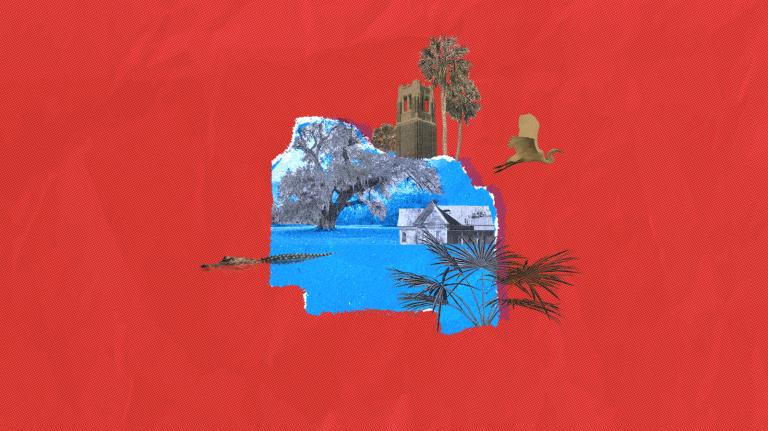
I also don’t see why an individual should do everything reasonably possible to offset carbon emissions that are under their direct control before buying offsets from a third party. Individuals are just as likely to screw up as a third party. For example, putting solar panels on my house might not reduce emissions if my power comes from hydroelectric. I might have had more impact buying green power. Dumping my Prius and riding a Seattle Metro bus might actually increase my CO2 emissions (Seattle Metro buses get about 38 MPG per passenger on average last time I checked).
What is “reasonable” varies a great deal from one person to another. Should we be taking short, cold, or no showers? Should we have zero, one, or two kids? One cat, or two cats? The rule of thumb followed by most people will be, “If I have to sacrifice anything, forget it.” And that is the rule of thumb we should design our solutions around. Martyrs, although often respected, are rarely emulated. I put CFLs in my home because I don’t have to change them as often and they will save me money. I ride a hybrid electric bike because it is fun. Driving a Prius can hardly be called a hardship. You also don’t want to drop to the bottom of your peer group’s status hierarchy.
Preserving a tropical forest does not remove carbon. It simply prevents more carbon from being added. But it also preserves biodiversity, which gives you twice the bang for your buck. Preserve enough of it and you will slow deforestation. Global warming is a related rates problem and slowing emissions is almost as important as stopping them. Without dirt-cheap forest to slash and burn for pasture, the price of beef may rise enough to reduce its consumption, likewise for soybeans being used to feed cattle and cars. Which would be a good thing all around. Carbon offsets may be just what we need to spare much of the planet’s biodiversity.
Another point I have not seen touched on is conservation land trusts. For example, I own several acres of forestland. I can turn that land over to a conservation trust and they will manage it, in theory, forever. The idea behind conservation trusts is to permanently prevent development. The contract you sign can allow some things to happen on that land. For example, you can allow it to be logged. You can also have some structures on it, or even live on it. You just can’t do anything else to the land not stipulated in the original contract. The conservation trust idea is really taking off and has preserved millions of acres of land. I purchased my land from an old logging baron family. The other parcels were sold to Joe Sixpacks who plan to park their retirement double-wides on them when electric power becomes available, assuming their obesity and drinking does not get them first. Had carbon offsets and conservation trusts existed at the time, that timber family might have put all that recently logged forestland into trusts instead of selling it to the local rednecks.
Today, landowners should be able to put their recently logged forestland into a conservation trust and sell carbon credits for the regenerating forest. Putting land that might one day be worth millions into a trust takes some courage. Carbon offsets could provide an incentive to put huge amounts of forestland into conservation reserves. My forest property has thousands of trees on it. They are much larger than when I bought it and are growing like weeds. There are enough trees on this land to nullify the lifetime carbon emissions of several individuals, once they mature. And wouldn’t it be nice to have the global position of the block of trees you preserved so you can visit them whenever the urge strikes? I’m considering putting it into a conservation trust, but getting paid to do so just might be what I need to go through with it — and I am sure I’m not alone.
You could argue that the trees would have grown anyway. But what we really have here is a probability game. If forest used to be there, odds are relatively good that another one will be there someday if the land is protected from development. What are the odds of the land being sold and developed if it is not put in a trust? What about the leakage? Will loggers just cut trees in Canada since they can’t cut my property? The answer is yes, they will, but that would also have been true if my property were converted into a strip mall. All offsets involve risk and they will all have varying degrees of permanence.
Trees in cities are another story. As Atreyger pointed out here, when planted in a manner to reduce air-conditioning needs via shade, etc., urban trees have the potential to reduce emissions while sequestering carbon. However, my neighbor to the right of me just cut down a tree and plans to cut down another. My neighbor to the left also just cut down a tree and is also preparing to cut down a second. My neighbor behind me cut down a large tree last summer. So, trees in cities usually don’t have much permanence. The CO2 locked up in those trees will not be stored for a century as lumber in a home and is about to return to the atmosphere. I took these photos this year of big trees in my neighborhood that either blew over onto someone’s car or home, were threatening to blow over, or were otherwise just in somebody’s way. I like trees in the city, but I can also see why people cut them down to protect property and why they would therefore be marginal as a means of reducing emissions.




